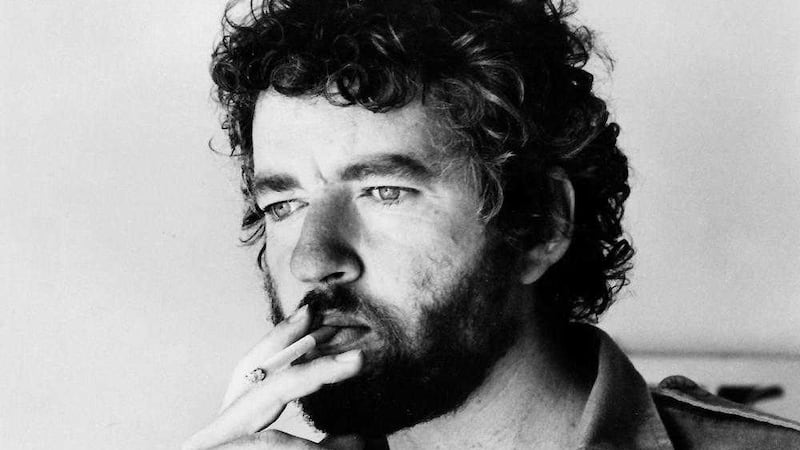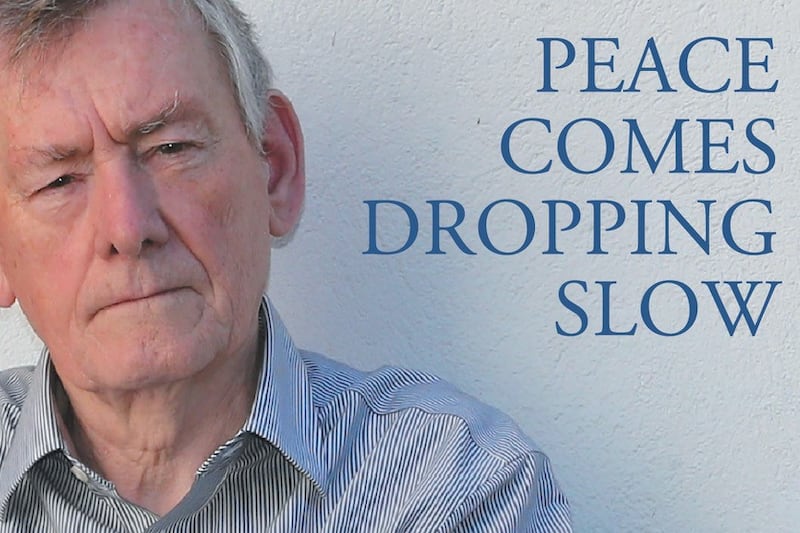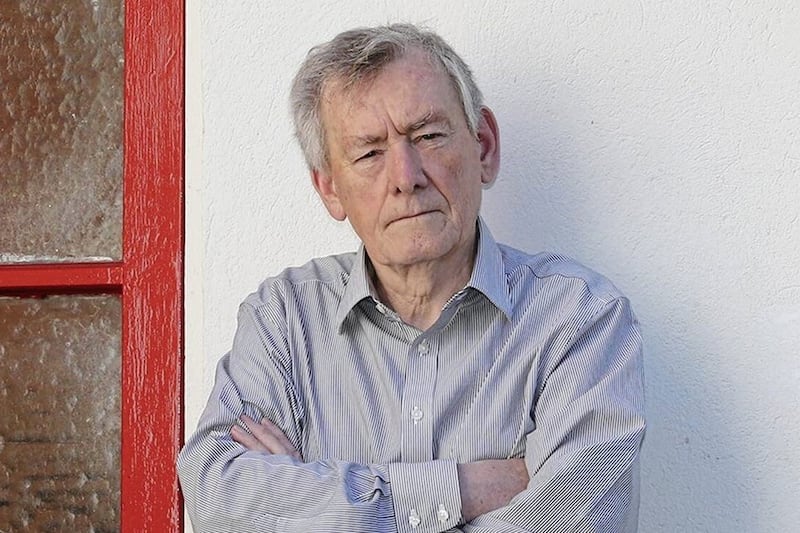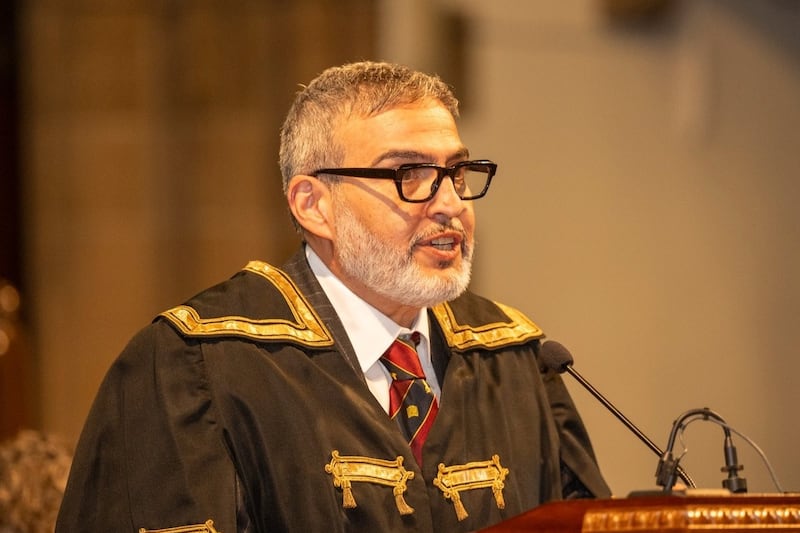AN award-winning journalist credited with writing the definitive account of the 1981 Hunger Strike has died in South Africa.
David Beresford (68) passed away in his Johannesburg home yesterday.
Mr Beresford worked for the Guardian newspaper and was their Ireland correspondent during the late 1970s and early eighties, covering many Troubles stories.
It was during this time he reported on the prison dispute between republican inmates and Margaret Thatcher’s government over the issue of political status.
He later penned the book Ten Men Dead, one of the most detailed accounts of the period which saw 10 republicans fast until death in the H-Blocks.
Given unique access to source material, Mr Beresford pieced together the story of the protest through interviews and secret communications carried in and out of the prison.
The respected journalist later moved to South Africa where he covered the period leading up to the end of apartheid including the release of Nelson Mandela from prison in 1990.
In 1991 he was diagnosed with Parkinson’s disease.
Despite his illness he continued to work as a foreign correspondent and underwent radical treatments to try to beat the disease.
Sinn Féin president Gerry Adams paid tribute to the journalist last night and described Ten Men Dead as “probably the best book written about that period”.
“David was an exceptional journalist,” he said.
“He was also the Guardian’s reporter in South Africa during tumultuous changes in that country.
“He also faced huge challenges in his own life battling Parkinson’s disease.
“I want to extend my deepest condolences to David’s family.”
Former Guardian foreign editor Paul Webster said Mr Beresford “was one of the greatest correspondents of his generation”.
“He was a tenacious and brave reporter, a brilliant investigator, had a fine analytical mind, and was a wonderful, lucid, graphic writer – a rare combination of skills,” he said.
“He was also disarmingly charismatic and charming – to friends, colleagues, and the host of admirers of his shambling good looks.”
Mr Webster said Mr Beresford had an independent spirit.
“For news editors, he had the infuriating habit of agreeing vigorously to carry out instructions, then ignoring them completely to pursue what he believed the story should be, with an apologetic shrug, a brief mumbled apology and a mischievous grin,” he said.
“He was invariably right to do so.”







